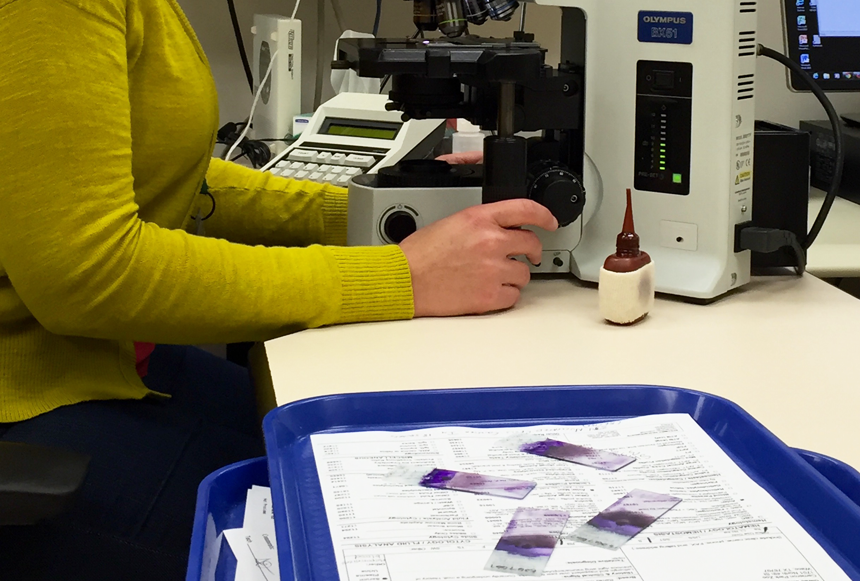The Role of Veterinary Labs in Protecting Pet Health
The Role of Veterinary Labs in Protecting Pet Health
Blog Article
Keeping your pets healthy, veterinary diagnostics plays a vital role. Advanced veterinary facilities help identify potential issues for household pets.
Through this guide, we’ll dive into the importance of routine pet exams and highlight key tests.
Understanding Veterinary Labs for Pets
Veterinary testing centers conduct a range of tests to help diagnose conditions. These labs employ expert technicians to help vets identify problems quickly.

Primary functions of veterinary labs include:
- Identifying problems before they worsen: Prevents conditions from escalating.
- Keeping an eye on recurring problems: Supports long-term health strategies.
- Adjusting medications as needed: Boosts recovery rates.
Essential Pet Health Exams
Diagnostic centers for pets perform an array of procedures to identify potential problems. Standard procedures include:
- Hematology screens: Identify underlying diseases.
- Urinary tract exams: Check for diabetes.
- Stool analysis: Evaluate digestive health.
- Skin and allergy testing: Help with skin irritations.
- Imaging diagnostics: Detect internal injuries.
laboratorio analises clinicas veterinaria
Why Routine Exams Are Important for Pets
Routine lab work keeps your pets in optimal condition. By catching conditions before they escalate, your pet can recover more quickly.

The value of regular diagnostics include:
- Extended lifespan: Ensuring effective care helps pets live longer.
- Preventative savings: Treating conditions before they worsen saves on costly treatments.
- Strengthened bond with your pet: Take action when needed.
Conclusion: The Value of Veterinary Labs for Pet Health
Pet diagnostic labs provide vital support to vets in protecting your furry friend’s health. By making diagnostics a priority, you ensure they receive the care they need.
Schedule a diagnostic test today to keep your pets thriving!
Report this page